The Jabra PanaCast 40 Video Bar System has just landed in the Philippines, and we were able to try it out ahead of its rollout. Here’s what we thought about it.
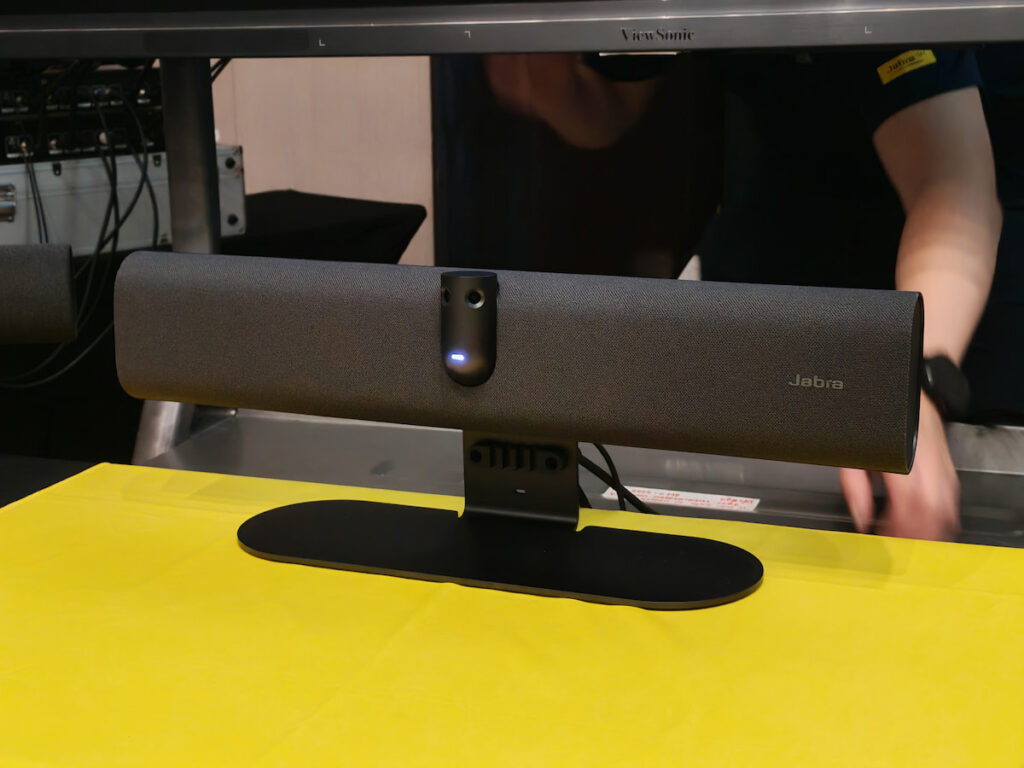
At first glance, it doesn’t look too different from other soundbars you’d see in a meeting room. The difference lies inside: two 4K cameras, six beamforming microphones, a built-in speaker, and an Android-based system that runs video conferencing apps without the need for a separate PC.
The design is understated and professional, a matte black rectangle that blends in whether mounted on a wall or placed below a display. Cable management is tidy, which is a big plus for small rooms where clutter easily builds up. The detachable faceplate design is also practical for servicing or swapping if needed.
When set up, the PanaCast 40 VBS immediately stands out in how wide its coverage is. The dual cameras work together to provide a 180-degree panoramic view, so everyone seated at a table — even those at the very edges — can be seen without distortion. In a test run with four people in a small huddle room, the camera didn’t struggle to frame the group naturally. The image quality is crisp and balanced, avoiding the fisheye effect that some wide-angle webcams produce.
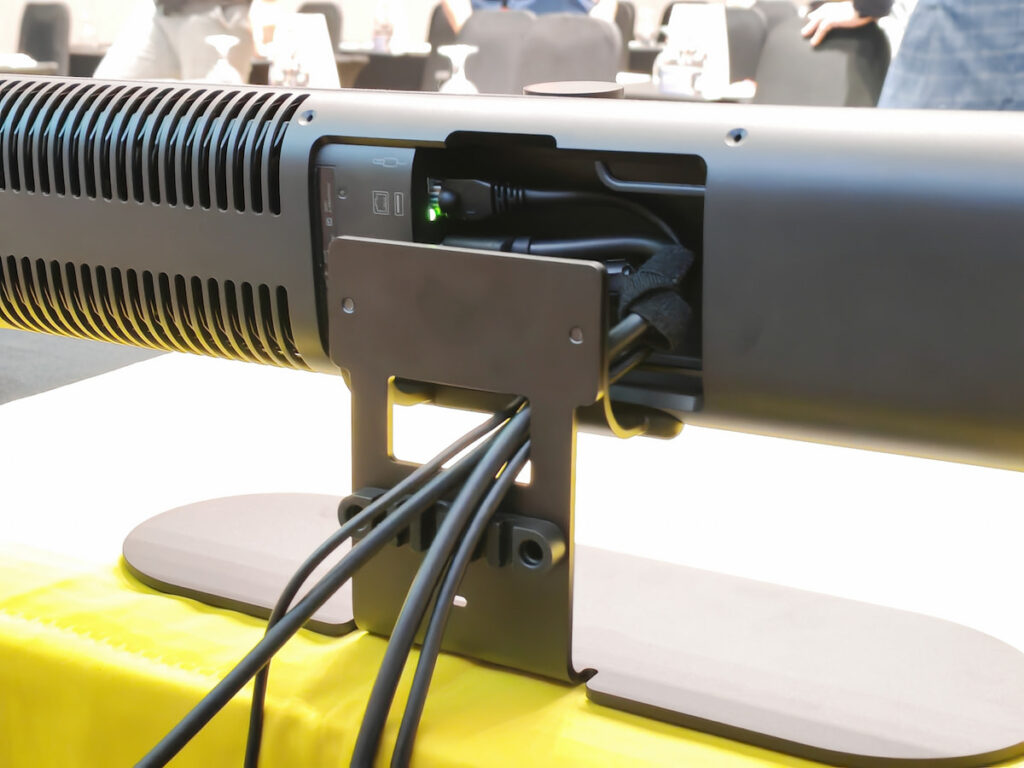
The microphones are another highlight. With six beamforming mics, the unit picked up voices evenly across the room, even when one participant spoke at a lower volume. Combined with the integrated speaker, conversations felt natural and easy to follow. The speaker output filled the space without sounding tinny, making it a clear improvement over using a laptop’s built-in audio.
What makes the experience more than just “a wider webcam” are the AI-powered features. Intelligent Zoom automatically adjusted the framing depending on how many people were in the room. Virtual Director switched perspectives dynamically, focusing on whoever was speaking without abrupt cuts. In discussions where multiple participants spoke up, Dynamic Composition gave equal screen space to four active speakers. These subtle adjustments made remote participants feel more engaged, instead of staring at a static wide shot of the whole room.
Setup was straightforward. From unboxing to joining a Zoom call, it took just under 15 minutes. The system runs on Android, so apps like Microsoft Teams and Zoom can be installed directly, eliminating the need for a dedicated computer. For flexibility, a BYOD option allows a laptop to connect via USB-C. For IT teams, the device can be managed through Jabra+, which makes monitoring and updates easier if several units are deployed across offices.
During the hands-on, performance was smooth. Switching between Teams and Zoom sessions worked without issue, and screen sharing through a connected display was responsive. The panoramic camera and AI functions kept the experience consistent across different platforms, so there was no need to tinker with settings once the system was up and running.
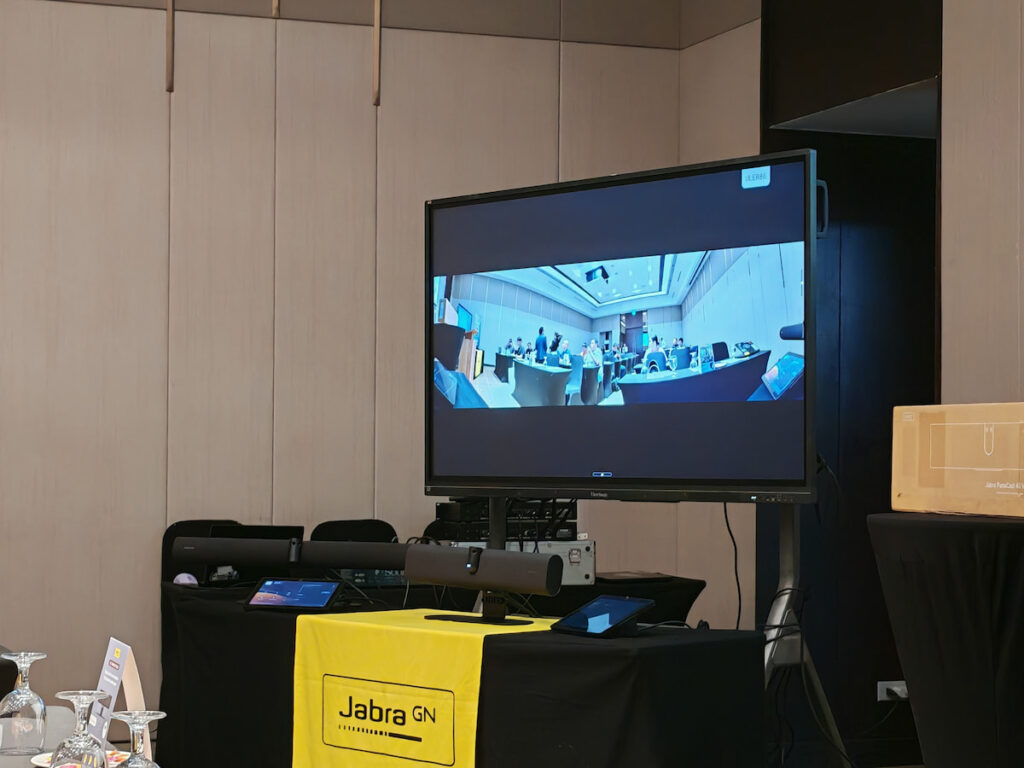
The PanaCast 40 VBS is built with small meeting spaces in mind. These are often underused in offices, either because they lack proper conferencing equipment or rely on laptops that don’t give the best experience. By packaging video, audio, and smart features into one bar, Jabra makes these rooms more usable for hybrid work.
Of course, the trade-off is that it’s not meant for larger boardrooms. While the microphones and speakers worked well for a group of four to six people, anything bigger may require additional audio equipment. That said, for the kind of smaller spaces it is designed for, it feels like a complete solution.
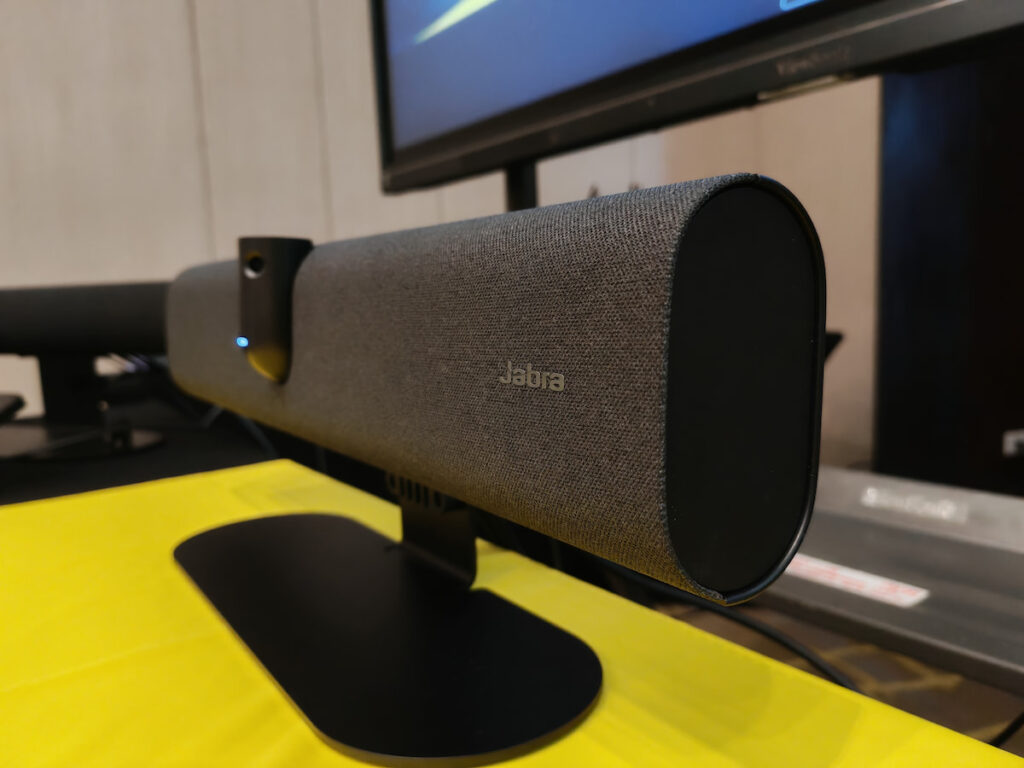
The Jabra PanaCast 40 VBS will be available in the Philippines starting later this month at PHP 110,000 for the unit only, while the complete set including the touch control panel will be on sale for PHP 165,000.
Our early impression of the Jabra PanaCast 40 VBS is that it delivers what it promises: smarter, more natural meetings in small rooms. It’s easy to set up, produces clear audio and video, and adds intelligence to make conversations feel more lifelike. For companies looking to get more out of their office spaces, this could be a practical option once it officially launches.
Would a device like this make your small office meetings more effective?


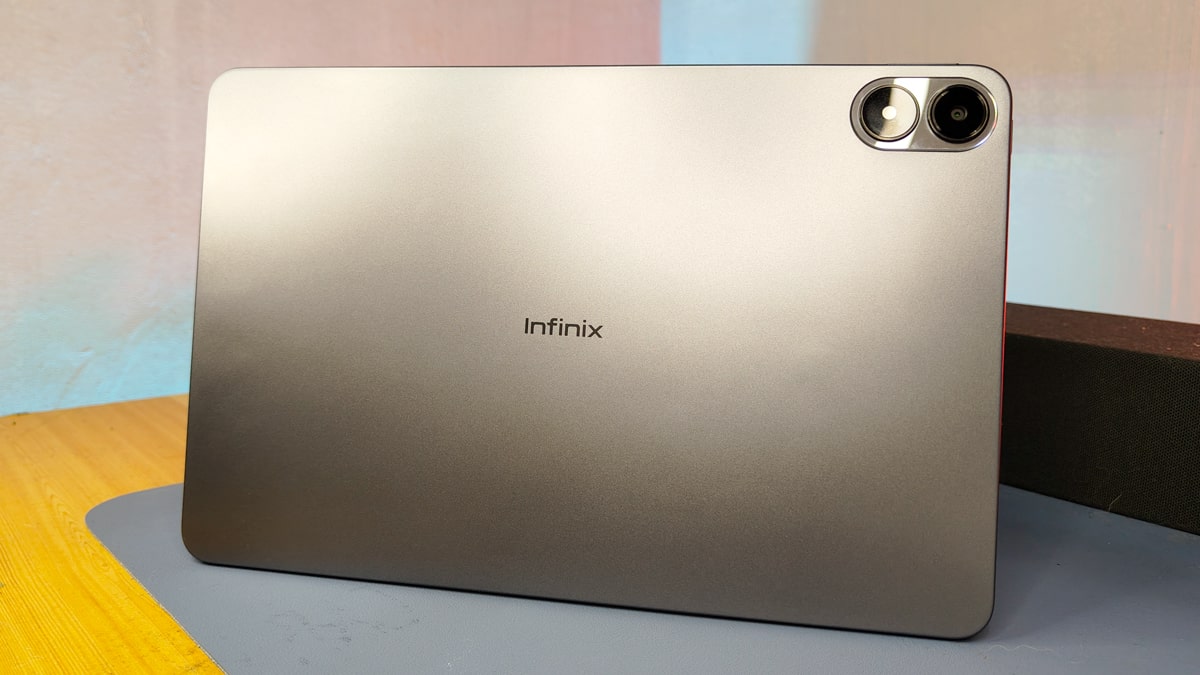


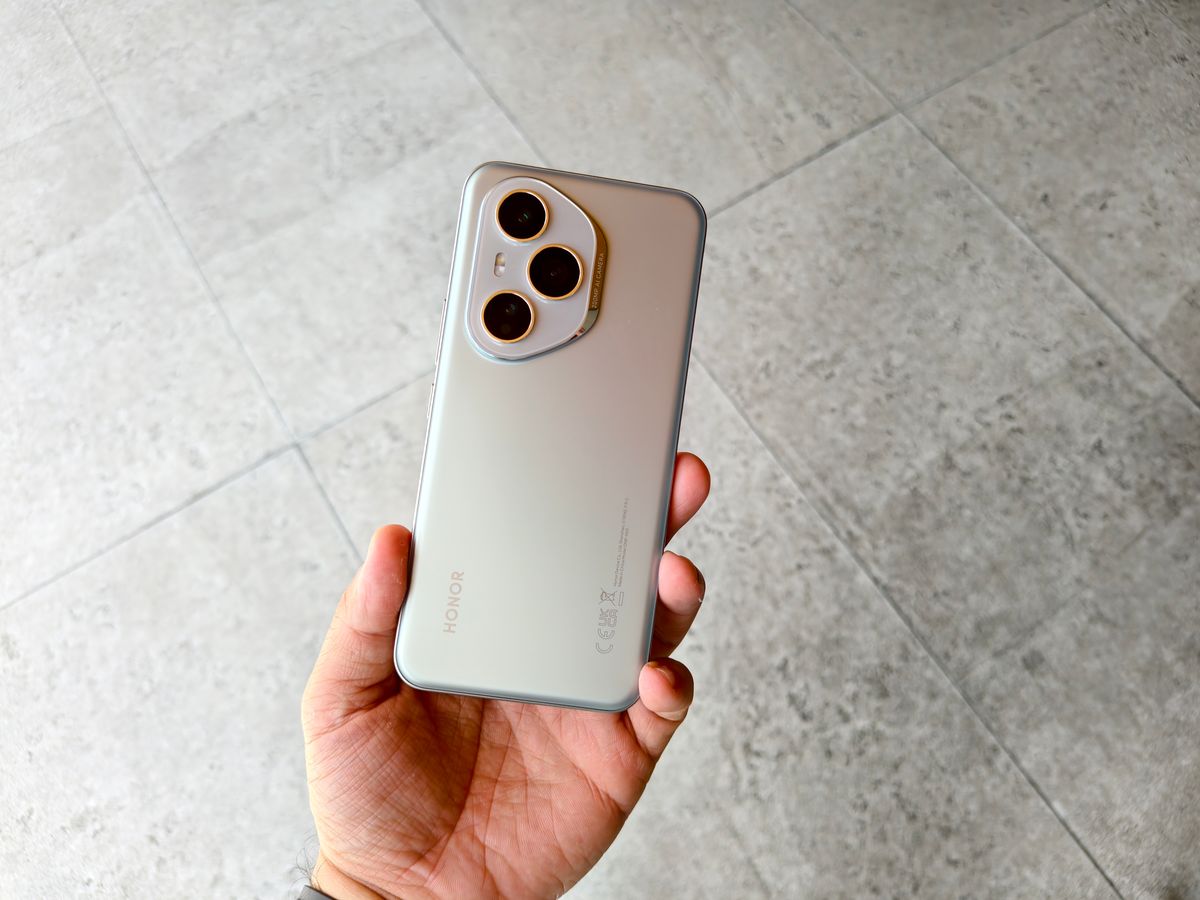
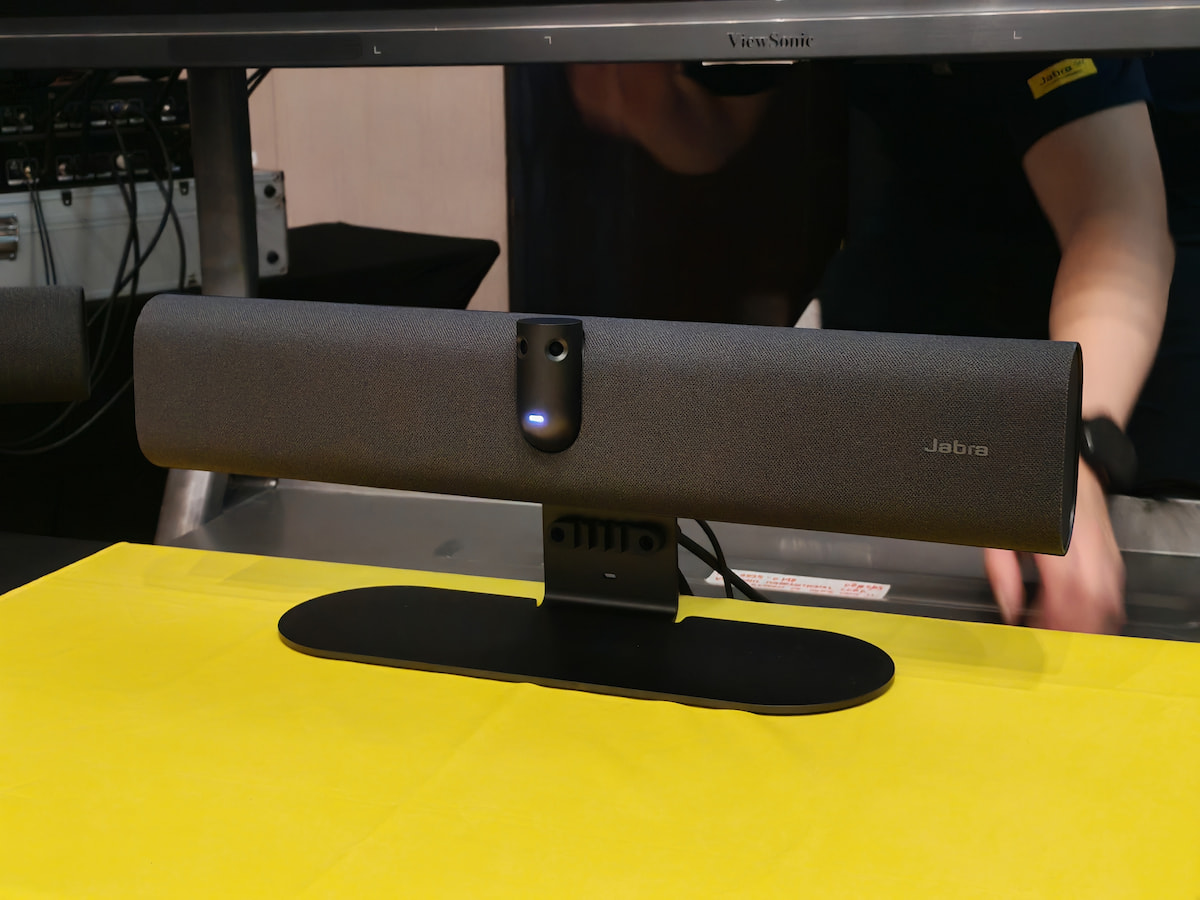
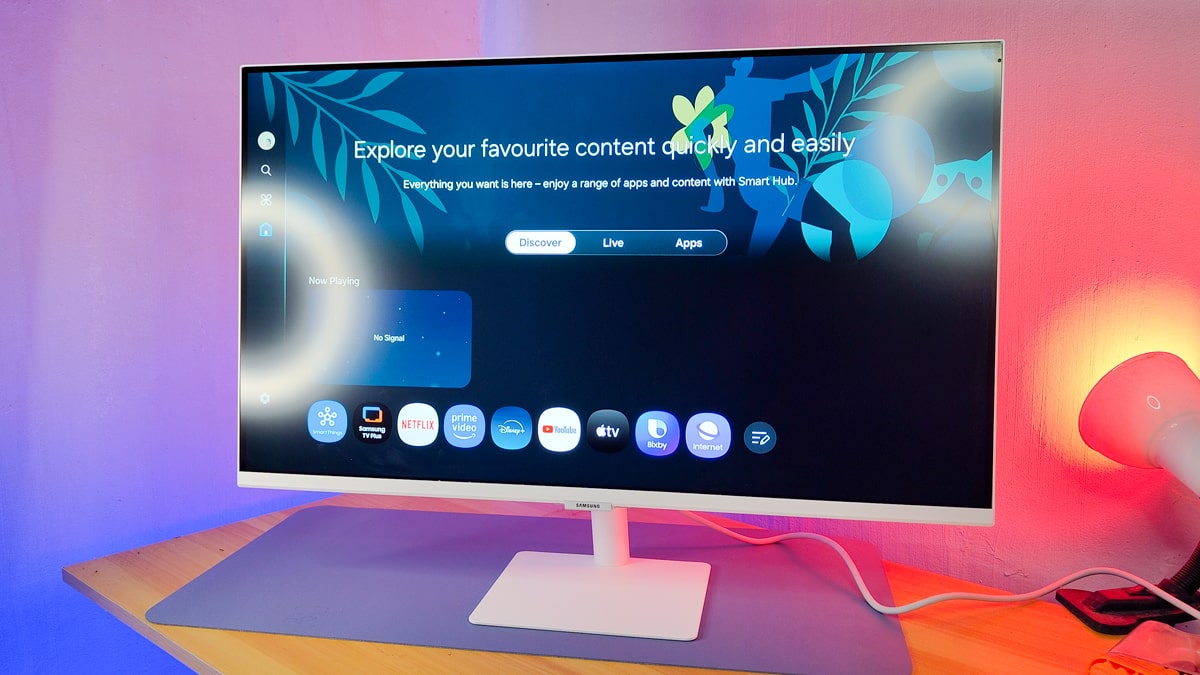
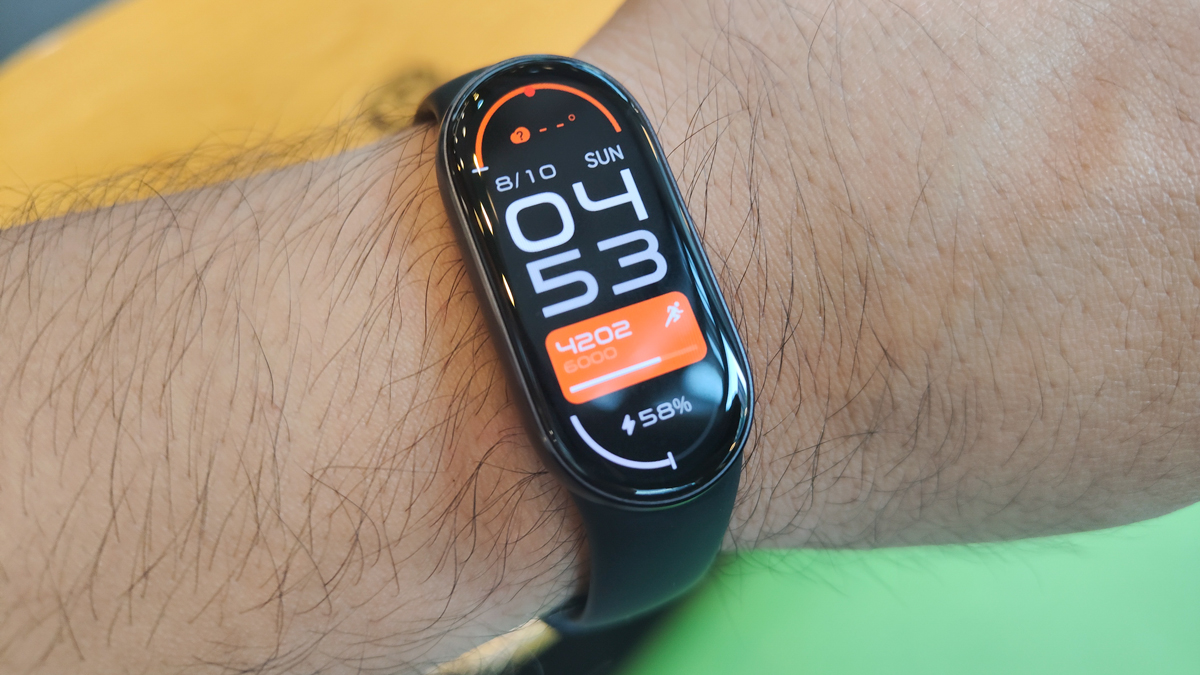
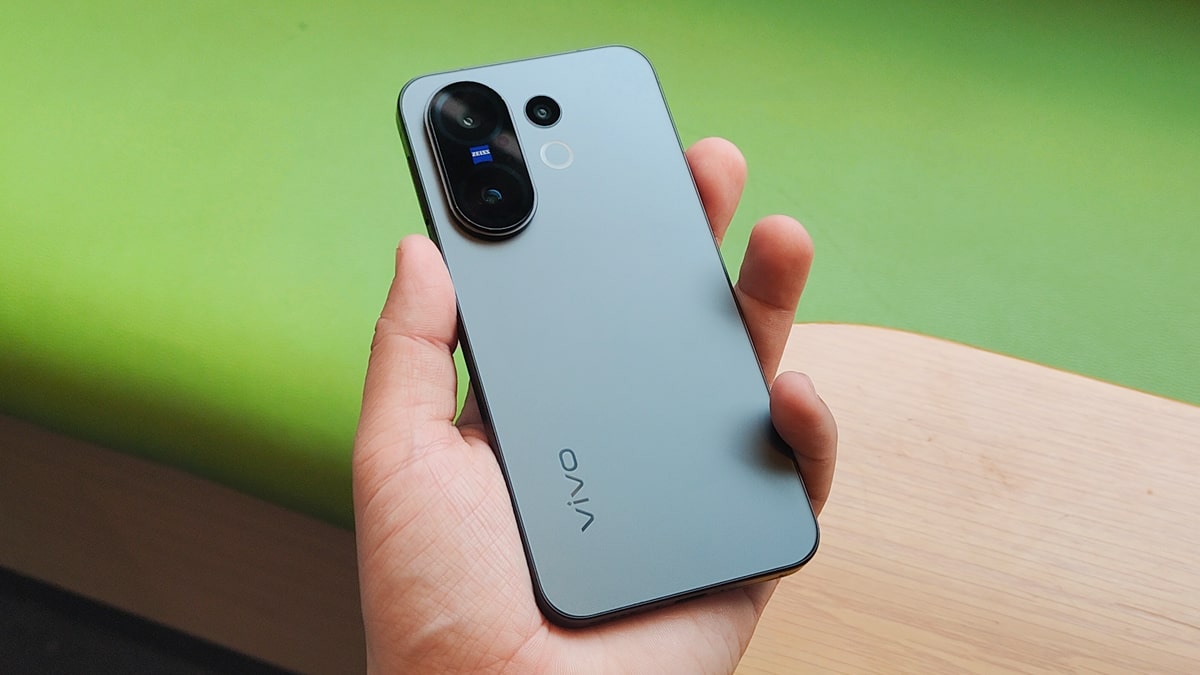

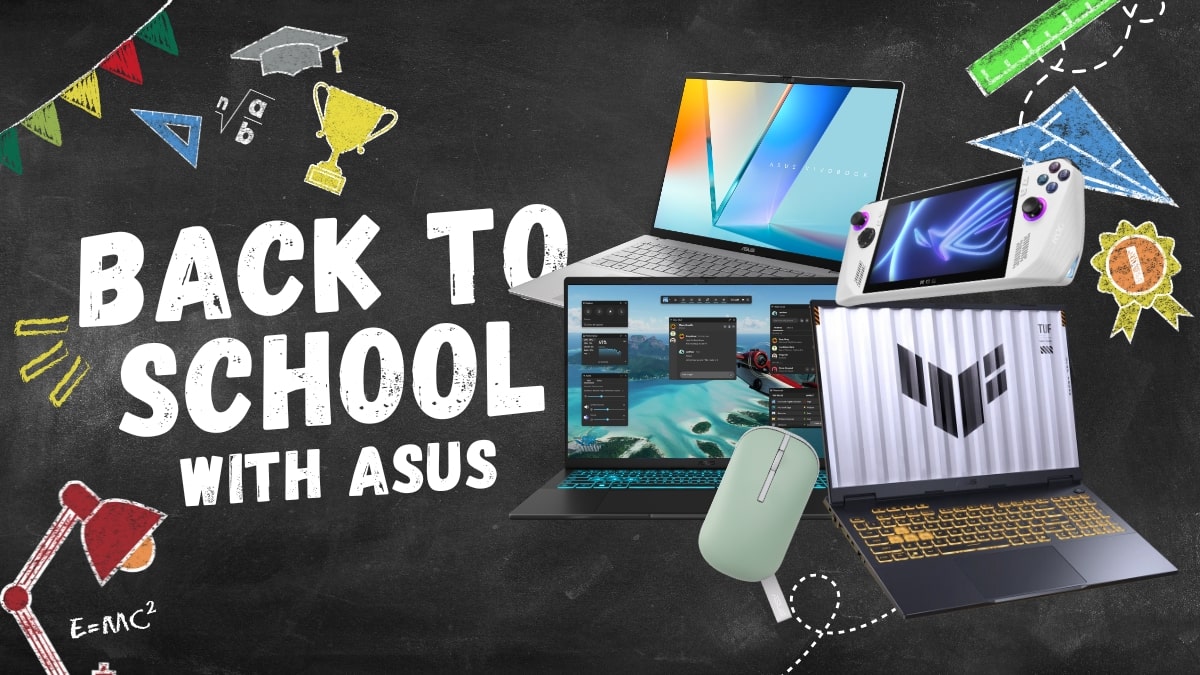


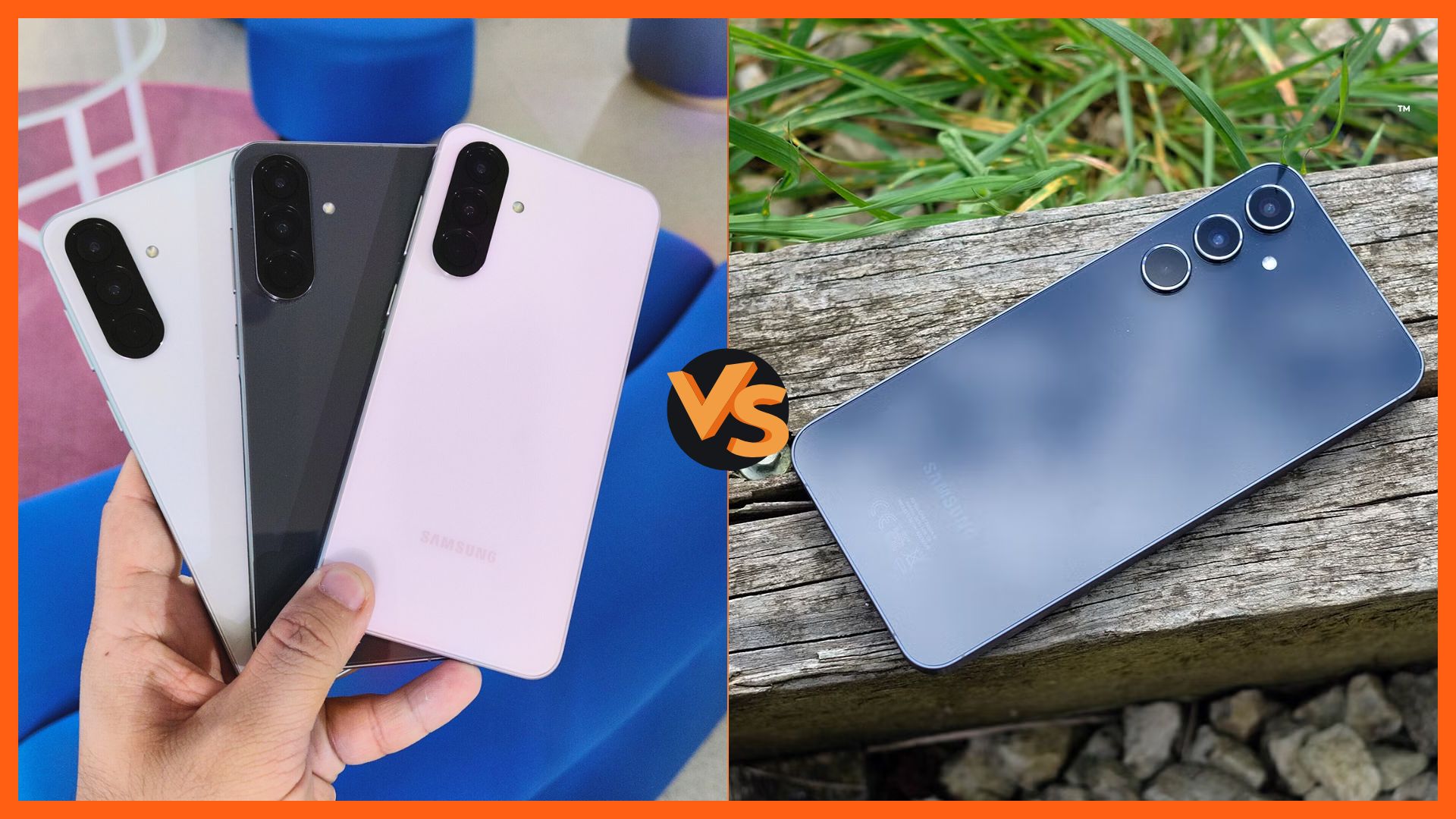





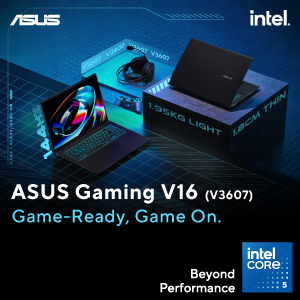

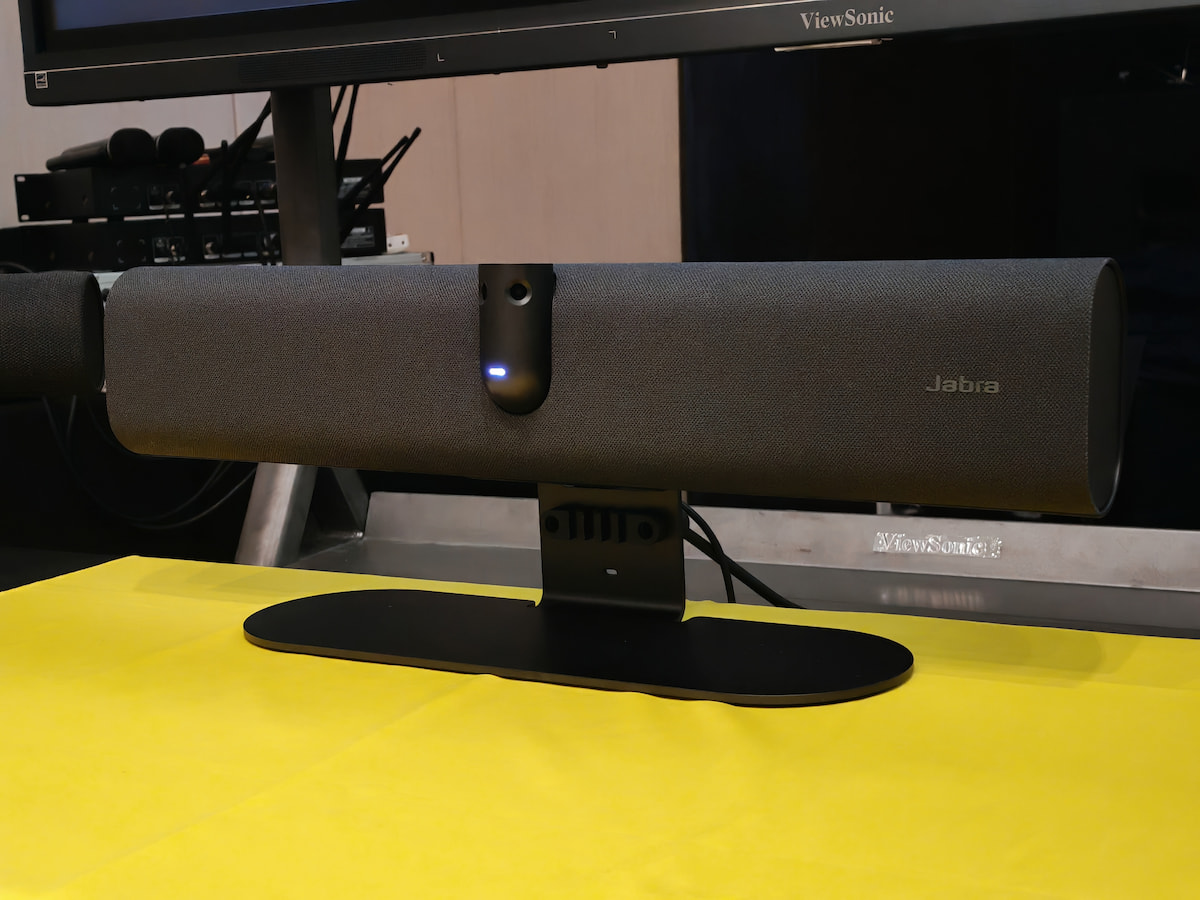



Leave a Reply